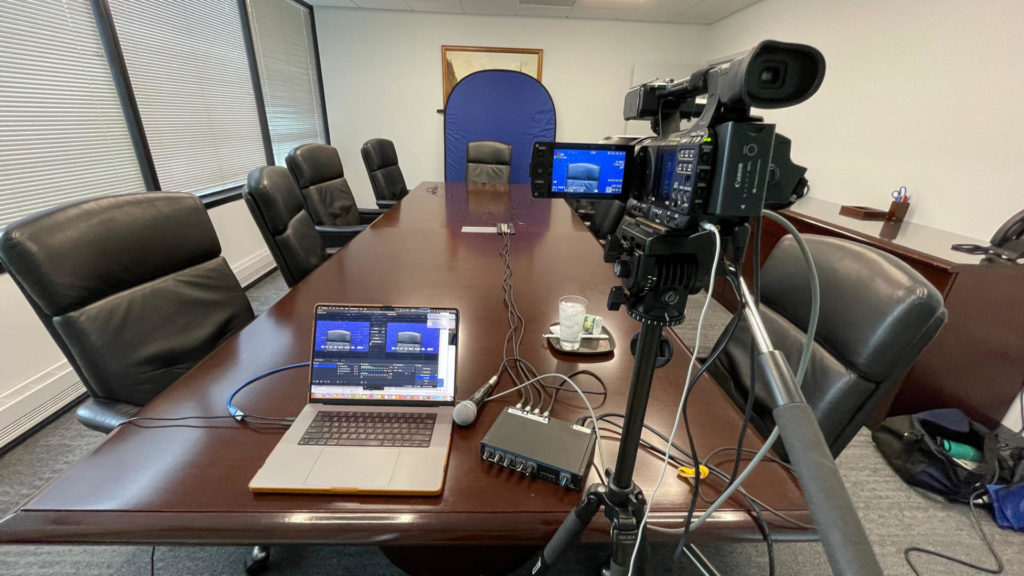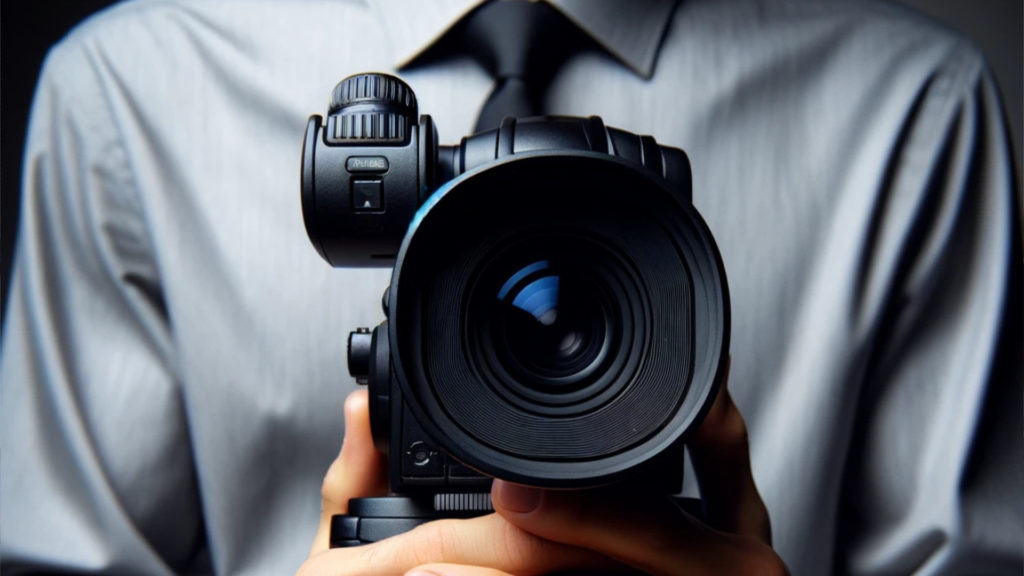How to Become a Certified Legal Videographer
The role of a legal videographer is crucial in the legal system, capturing video evidence and testimony that can play a pivotal role in court cases. Becoming a certified legal videographer not only enhances your professional credibility but also opens up new opportunities in the legal field. Here’s a step-by-step guide on how to become a certified legal videographer:
1. Understand the Role
Before embarking on the path to certification, it’s important to understand what a legal videographer does. Legal videographers are responsible for recording legal proceedings, including depositions, trials, and other legal events, with a high level of accuracy and reliability. They must be proficient with video equipment, understand legal terminology, and adhere to legal procedures and ethical standards.
2. Gain the Necessary Education
While there is no specific degree required to become a legal videographer, having a background in videography, criminal justice, or law can be beneficial. Many community colleges and technical schools offer courses in videography, and some may have specialized classes focusing on legal videography. Education in this field will provide you with the technical skills needed to handle video equipment and editing software effectively.
3. Acquire Practical Experience
Hands-on experience is crucial. Start by gaining experience in general videography to master the technical aspects of camera work and editing. You can then seek opportunities to work on legal videography projects under the guidance of experienced professionals. This might involve volunteering or working as an intern in legal settings to understand the specific requirements and conduct expected in legal environments.
4. Pursue Certification
Certification as a legal videographer can significantly enhance your credentials. The most recognized certifications in this field are offered by the American Guild of Court Videographers (AGCV) and the National Court Reporters Association’s Certified Legal Video Specialist (CLVS) program. The AGCV and CLVS certifications require completion of specific coursework and passing an examination that tests your knowledge of legal procedures, ethics, and videography skills.
5. Stay Updated with Technology and Legal Requirements
Legal videography is a field that evolves with technology and legal standards. Continuing education is important to stay current with the latest video technology, software, and legal requirements. Many certification programs require continuing education credits to maintain certification, ensuring that videographers stay knowledgeable about changes in the field.
6. Network and Market Your Services
Building a professional network and effectively marketing your services are key to success as a legal videographer. Join legal and videography professional groups, attend industry conferences, and connect with legal professionals like lawyers and court reporters. Marketing strategies might include developing a professional website, maintaining an active professional social media presence, and advertising in legal publications.
Conclusion
Becoming a certified legal videographer involves a combination of education, practical experience, and certification. By following these steps, you can build a reputable career that contributes significantly to the legal process. As you advance in your career, continue to learn and adapt to new technologies and legal requirements to remain at the forefront of this dynamic field.
Depo Universe is happy to answer any questions for tips not mentioned here for becoming a certified legal videographer. Reach out here.


